A quality of life consultation, often facilitated by a veterinarian, is a discussion between the pet owner and the veterinary professional to assess the well-being and overall quality of life of a pet, particularly if the pet is facing a serious illness, advanced age, or significant health challenges. The primary goal of a quality of life consultation is to help pet owners make informed decisions about their pet’s care, including whether euthanasia may be the most humane option.
During a quality of life consultation, the veterinarian may discuss various aspects of the pet’s condition, including:
- Physical Health: Assessing the pet’s physical condition, including any pain, discomfort, mobility issues, appetite changes, or other symptoms they may be experiencing.
- Emotional Well-being: Considering the pet’s mental and emotional state, including their level of engagement in activities, interactions with family members, and overall enjoyment of life.
- Medical Options: Exploring available treatment options, including pain management, and other interventions that may help improve the pet’s quality of life.
- Prognosis: Providing information about the pet’s prognosis based on diagnosis if applicable, including the expected progression of their illness or condition.
- Pet Owner’s Values and Preferences: Discussing the pet owner’s values, beliefs, and preferences regarding their pet’s care and end-of-life decisions, including their willingness and ability to provide ongoing care and support.
- Euthanasia Considerations: If euthanasia is being considered, discussing considerations related to the process and aftercare
- Support Resources: Providing information about support resources available to pet owners, including grief counseling services, pet loss support groups, and other avenues for emotional support.
By engaging in a quality of life consultation, pet owners can gain a better understanding of their pet’s condition and needs, as well as the options available for providing compassionate care. This process can help pet owners feel empowered to make decisions that prioritize their pet’s well-being and comfort.









